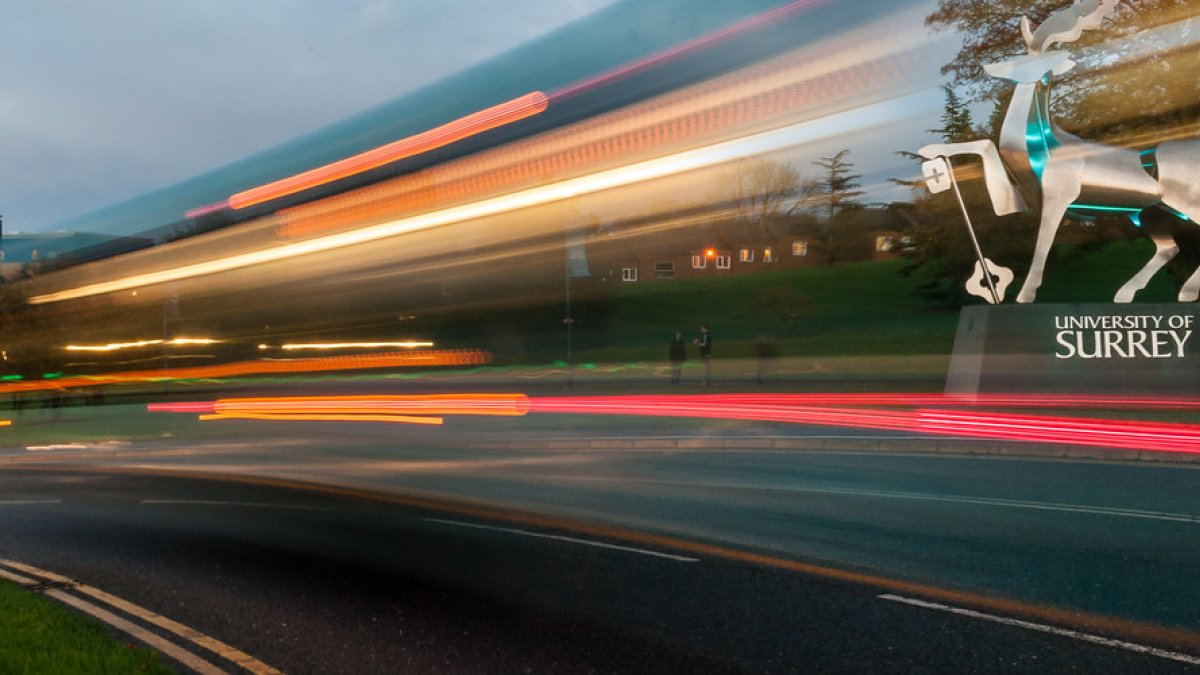Convergence: New lecture series focusses on smart integration of human and machine in translation and interpreting
This week the Centre for Translation Studies (CTS) will be launching a new lecture series to present innovative research that considers both the challenges and opportunities of digital technologies and of the ‘AI revolution’ for translation and interpreting.

In a globalised society and economy, in which we consume foreign products and services, and where economic and political migration is ubiquitous, few people are not affected by how language services (including translation, interpreting, localization, subtitling, respeaking, audio description, and other forms of multilingual and/or multimodal communication) are designed and delivered. Language solutions can benefit from more established and emerging technologies, including digital platforms and distance communication technologies, as well as machine learning, artificial intelligence and other data-driven technologies. The ‘technological turn’ in translation and interpreting has created a wealth of opportunities, but it also requires fresh approaches to research in order to understand all dimensions of its impact. A crucial task for research is to appraise the impacts on the users of these technologies and the recipients of the final products (translated text, interpreting performance etc), as this will help mitigate drawbacks and drive genuine innovation that harnesses the full potential of the digital transformation and the ‘AI revolution’.
The speakers featured in our new lecture series will present innovative research into the social, cultural, ethical, and economic implications of a range of technologies applied to translation and interpreting. Some of our speakers will present new and innovative technologies whose impact has not been explored yet with the aim of starting a discussion about the implications of their use. The aim is to take a holistic and human-centric approach to examining and evaluating the ways in which technologies are changing professional practices, the products of this practice and the relations between stakeholders and users. We will explore the notions of fairness and trust in connection with technology use in translation and interpreting, and discuss topics such as the evolution of human-machine interaction in the field, the role of human work and human knowledge in the increasing ‘datafication’ of language services, and the ways to empower language service users to make better informed decisions. We also aim to explore whether the discourses around technological innovation accurately capture the situation in translation and interpreting and to what extent emerging technological ecosystems are effective in providing meaningful and equitable access to critical information, media, and vital public services such as healthcare and justice for diverse groups of society.
The overarching aim of this series is to integrate research on human, machine-assisted and (semi-)automated translation and interpreting workflows and thereby to contribute to the design and development of language services that are efficient and accessible without compromising the quality of the services and the physical, mental and socioeconomic wellbeing of those who provide and use them.
Recordings of the lectures that were already presented as part of this series can be found on the CTS YouTube channel.
The lecture series will culminate in a conference to be held in 2022. Date, place and mode of attendance and all other practicalities will be announced in due course, so watch this space!